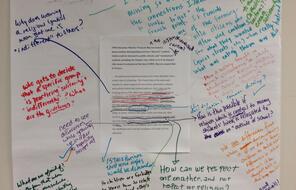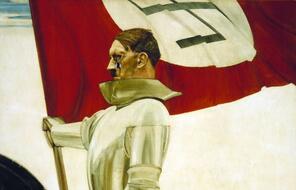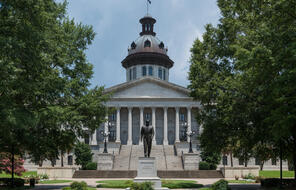Resource Library
Find compelling classroom resources, learn new teaching methods, meet standards, and make a difference in the lives of your students.
We are grateful to The Hammer Family Foundation for supporting the development of our on-demand learning and teaching resources.

Introducing Our US History Curriculum Collection
Draw from this flexible curriculum collection as you plan any middle or high school US history course. Featuring units, C3-style inquiries, and case studies, the collection will help you explore themes of democracy and freedom with your students throughout the year.
3282 Results
German Military in Austria, 1938
The German military parades through Vienna on March 15, 1938, after the Anschluss.
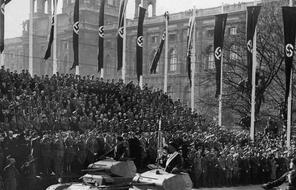
German Soldiers Watch Holocaust Atrocities
German soldiers are forced by the Allies after World War II to watch a film about the atrocities at German concentration camps.
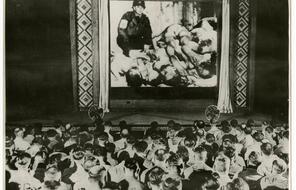
Historical Context for Night
Explore the history of events that shaped the world of Wiesel’s memoir with this interactive timeline.
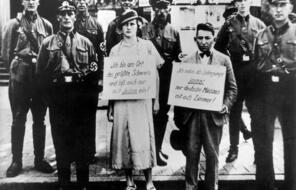
AJ from Washington, DC (En Español)
In Spanish, in this personal narrative a young adult shares their story, including their experience with gender identity and sexual orientation.
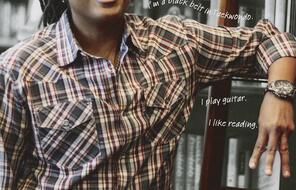
Lauren from Providence, RI (En Español)
In Spanish, in this personal narrative a young adult reflects on the assumptions made about her as the daughter of a Chinese parent and her experience living with cerebral palsy.
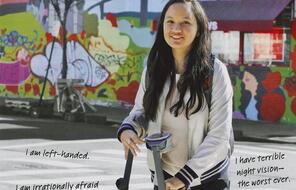
My Dell Hid My Privilege and My Mac Hid My Financial Need (En Español)
In Spanish, in this personal narrative a young adult reflects on their experience reckoning with social class and privilege while attending boarding school.
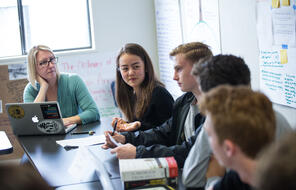
Authoring Identity (Adapted Version) (En Español)
In Spanish, this reading is adapted for English Learners and readers who benefit from scaffolding, this informational text introduces students to the concept of narrative identity. It includes simplified text, definitions, and reflection questions with sentence stems.
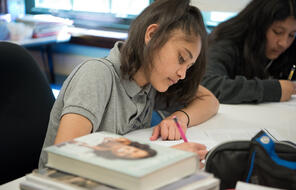
Exploring the Concept of Identity (Adapted Version) (en español)
In Spanish, this reading is adapted for English Learners and readers who benefit from scaffolding, this informational text introduces students to the relationship between social identity and personal identity. It includes simplified text, definitions, and reflection questions with sentence stems.
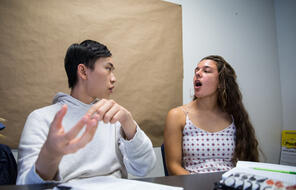
Big Paper Example
In a Big Paper activity, students respond silently to a text excerpt or image by writing their comments on a shared paper.
